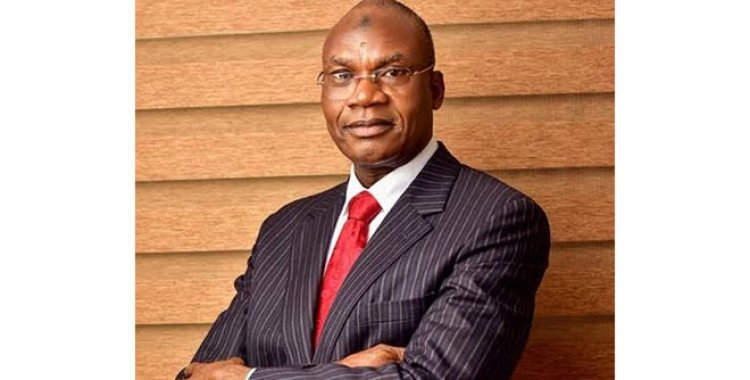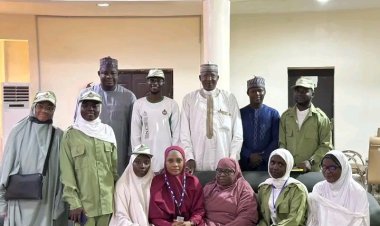University Education Is Meant for Adults, Not Minors
At the JAMB Annual Board meeting in Abuja, the Minister of Education, Prof. Tahir Mamman, reiterated that the legal minimum age for admission into Nigerian universities is 18.

At the JAMB Annual Board meeting in Abuja, the Minister of Education, Prof. Tahir Mamman, reiterated that the legal minimum age for admission into Nigerian universities is 18. This statement has sparked controversy, but it aligns with existing laws and international educational best practices.
The policy, established in 1982, aims to ensure that students are adequately prepared for higher education. Despite the backlash, the Minister emphasized that this regulation is neither “absurd” nor “arbitrary.”
The skepticism surrounding this policy is partly due to a general distrust in government, stemming from unfulfilled promises and policy failures over the years. This distrust has fueled unnecessary debates over well-established policies.
The Minister urged the public to focus on the benefits of the policy, which is designed to maintain educational standards and ensure that students are mature enough to handle university education. He called for an end to the politicization of this issue, stressing that it should not be a source of confusion or anxiety.
In many countries, including Nigeria, there are well-established minimum age requirements for each level of education. These requirements are crucial for formulating effective policies that produce qualified scholars and workers. Critics of the policy have been accused of undermining long-settled educational standards for political or partisan gains.
Historically, children in Nigeria typically started primary school at the age of 5 or 6, spent six years in primary education, followed by five years in secondary school, and then two years in Advanced Level or Higher School Certificate courses. This traditional pathway ensured that students were at least 18 years old by the time they were ready for university.
The Minister highlighted the importance of adhering to these established educational standards to ensure the quality and integrity of higher education in Nigeria.

 Salome A.
Salome A. 



